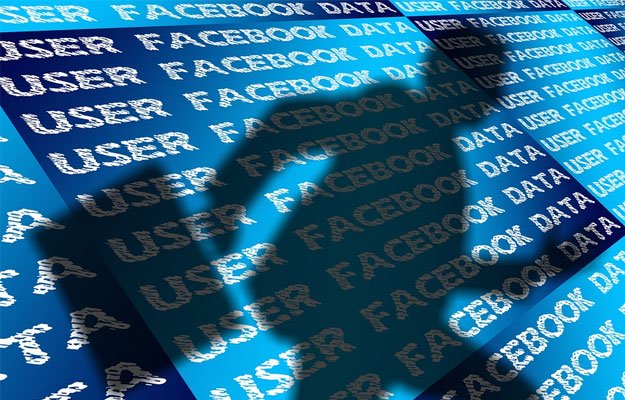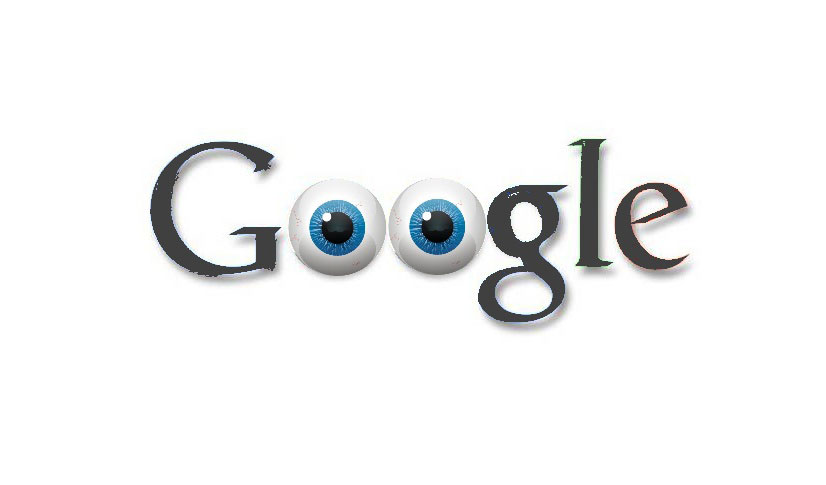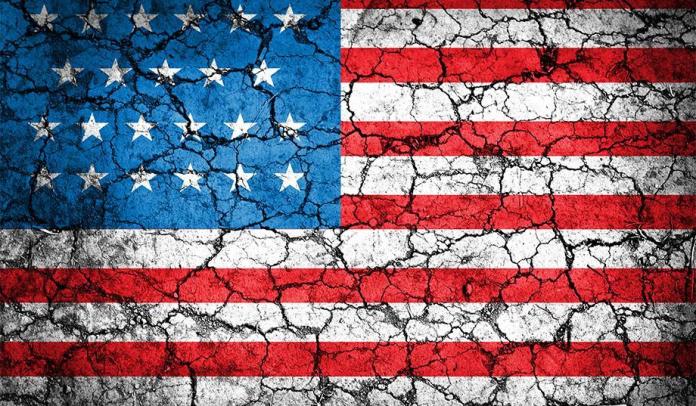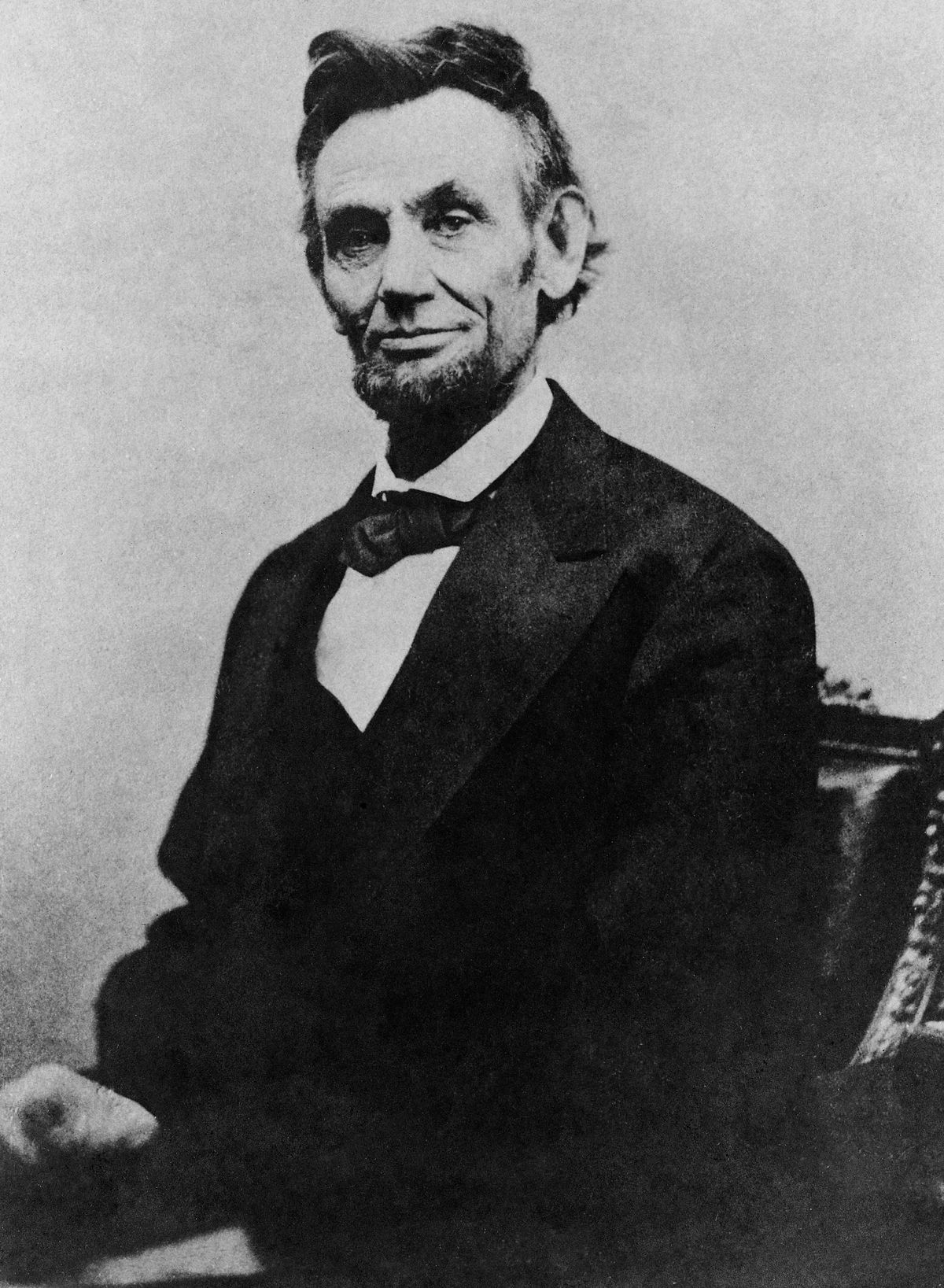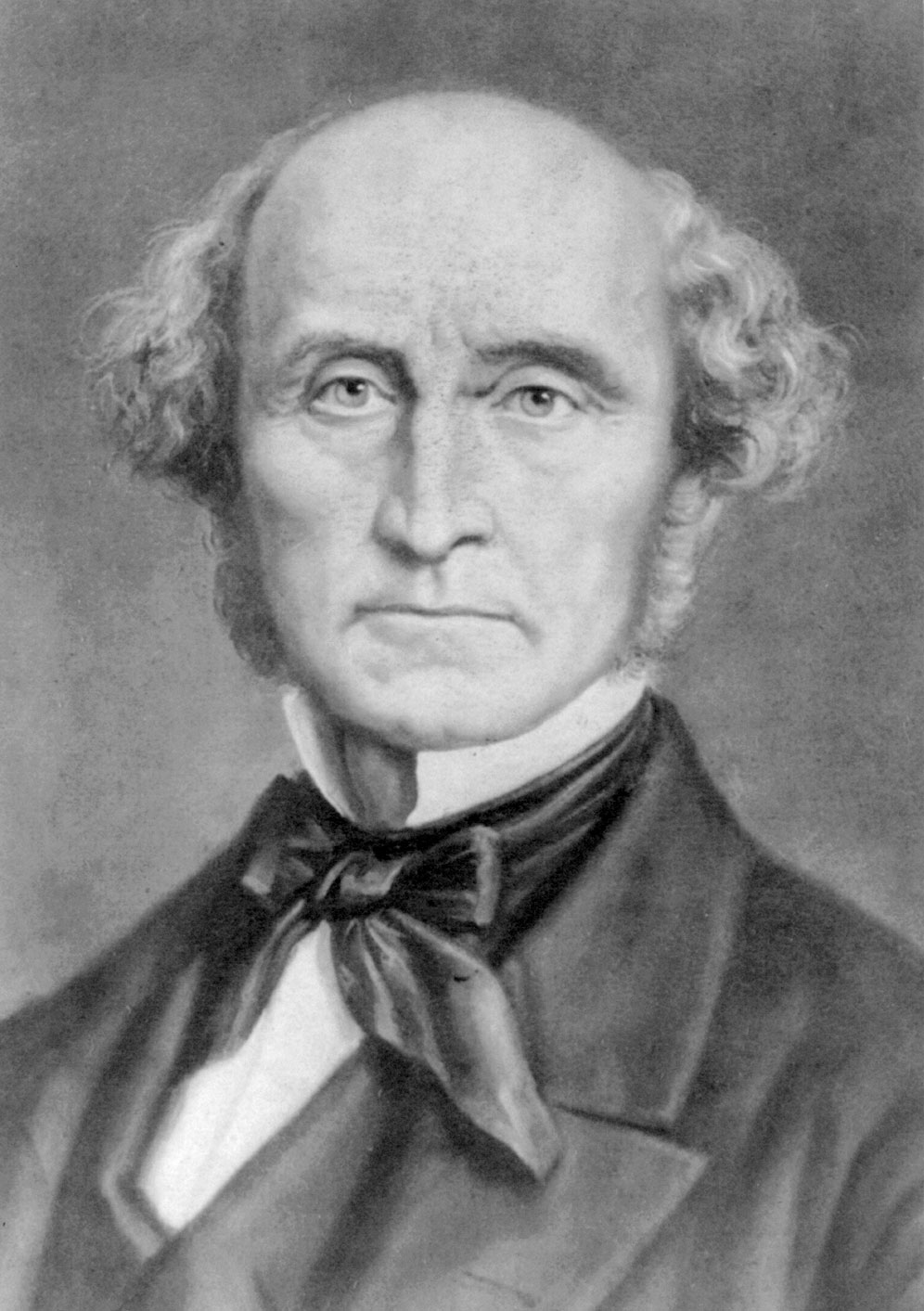In the United States right now, there’s a lot of talk about unity. It’s mostly coming from people who consider themselves “conservative” and some people who believe themselves to be “independent” or “moderate.”
It’s important to understand that ideological labels, particularly political ones, are only functional in a society that has shared values. When people are rooted in similar belief systems or political systems, they can have some ideological deviation from one another. This is achievable because any and all parties have a measurable faith in the system in which they are all rooted. The shared Judeo-Christian heritage of people such as John Adams and Patrick Henry afforded the freedom of expression to atheists and deists such as Thomas Paine and Benjamin Franklin. Here were differing ideologies uniting around a concept of nationhood and liberty.
Leftists and anarchists seldom concern themselves with unity. This is because leftists succeed by destroying free systems, or by making such systems smaller. They then build their own totalitarian systems. In some few cases, these totalitarian systems can be benevolent and briefly functional. But they are never free systems that protect personal liberty.
So, when we hear leftists and/or Democrats claim that we need “unity,” generally what they’re truly claiming is that you must think like they do. Your personal ideas and values are irrelevant to their goals.
In a similar, but slightly varied vein, Republicans and conservatives (and even a few moderates) cry that “American values” should unite us. But these same people have historically been wishy-washy about exactly what those “American values” contain. What’s worse is that they remain very foggy about defining them even now.
What has happened in America is that we are not united. Unity is nothing more than a quaint concept, a memory left over from our history when unity was a requirement for national survival . . . and, by extension, personal survival and liberty.
The political labels we discussed earlier are somewhat dangerous because they do offer a division. At their root, however, none of them takes precedence over actual being an American citizen.
During the early 1900s (not coincidentally, around the same time the un-American idea of an income tax arose), the dramatic rise in immigration to America created some social upheaval. Among these changes were the practice of identifying immigrants by their country of origin. Terms like “Italian-American,” “Serbian-American,” “Polish-American,” etc. came into popular use.
President Theodore Roosevelt addressed the inherent danger of such thinking:
“In the first place, we should insist that if the immigrant who comes here in good faith becomes an American and assimilates himself to us, he shall be treated on an exact equality with everyone else, for it is an outrage to discriminate against any such man because of creed, or birthplace, or origin. But this is predicated upon the person’s becoming in every facet an American, and nothing but an American…There can be no divided allegiance here. Any man who says he is an American, but something else also, isn’t an American at all. We have room for but one flag, the American flag… We have room for but one language here, and that is the English language… and we have room for but one sole loyalty and that is a loyalty to the American people.”
It should be qualified that like many politicians of his day, Teddy Roosevelt was a progressive. He advocated for the income tax and government seizure of private land, both notably un-American ideals. So, maybe his words above are nothing more than political rhetoric.
But, let’s take them at face value.
If he’s right, then putting a word and hyphen in front of “American” to describe oneself is disloyal at its very core. It supplants the adoptive nation – the United States of America – with an immediate precedence and loyalty to one’s prior country. That’s not only foolish, but dangerous. Yet, Teddy Roosevelt, in his single most obvious concession to traditional Americanism, lost the fight. And American immigrants and their families for generations would be “German-Americans” or “Welsh-Americans” or “Scottish-Americans.”

This bad fish went from frying pan to fire when, during the 1960s through today, we began hyphenating not based upon nationality, but rather upon skin color and ideology.
Almost universally, there is nothing African about black Americans. They did not come from Africa anymore than I came from Scotland. Yet, in the 1980s and 1990s, certain political interests in the black community manipulated a willing media and political class to begin using the term “African-American.”
This was a social test. The manipulation of the American psyche had begun. Using political identity as a tool for division proved effective during the 20th century immigration waves. And, as the United States began a new millennium, the tool of division would be ratcheted up.
Soon, we had “Gay Americans” incorporating sexual preference into political identity. And political identity is superior to identity as an American. The fact that race and sexual preference are totally dissimilar characteristics means nothing politically. The two were equated by those social elements that could advance themselves through division. And the more divisions that could be created, the more efficiently the United States of America could be fractured.
White Americans are separate from black Americans. The two groups do not share similar experiences. One group is privileged; the other oppressed. To question such a position is to be regarded as racist. But, only if you are white. Because black Americans cannot be racist. And through the historical cudgel of chattel slavery, black Americans claim superiority over Hispanic Americans and Asian Americans.
Hispanic Americans are separate from Asian, black and white Americans. They are superior through their native status to the North American continent. Hispanics are la raza . . . the race.
And Asian-Americans are superior to Hispanic, black and white Americans through their suffering as slave and low-wage labor in the American west and internment camps during World War II (another deviant Roosevelt brainchild).
Gay Americans are separate from heterosexual Americans. The two groups are polar opposite. One group is dominant and fascistic; the other oppressed. To question these conditions is to be regarded as a “homophobe.”
Finally, even as the flames of September 11, 2001 still burned, the hyphenation went to its deepest extreme.
Previously, the hyphens were inserted with nationalities or races or behaviors. These things could be clearly defined by borders or traits or actions. But now, the hyphens went to something more nebulous, an unquantifiable element that has no tangible threads to pull or skin to touch – ideology.
Islamic-Americans are separate from other Americans, They have been oppressed by the prejudice of 9/11. They are persecuted for their religious faith. To question their commitment to the Constitution and the United States of America is, to use the phrase that was created, “Islamophobic.”
One of Orwell’s enduring lessons (1984) was that control of the language is tantamount to controlling thought. And controlling thought is mandatory to controlling a population (Animal Farm).
There are all kinds of Americans. Black. White. Gay. Straight. Hispanic. Asian. Scottish. Polish. Islamic.
But some Americans are more equal than others. And they’re divided, too


